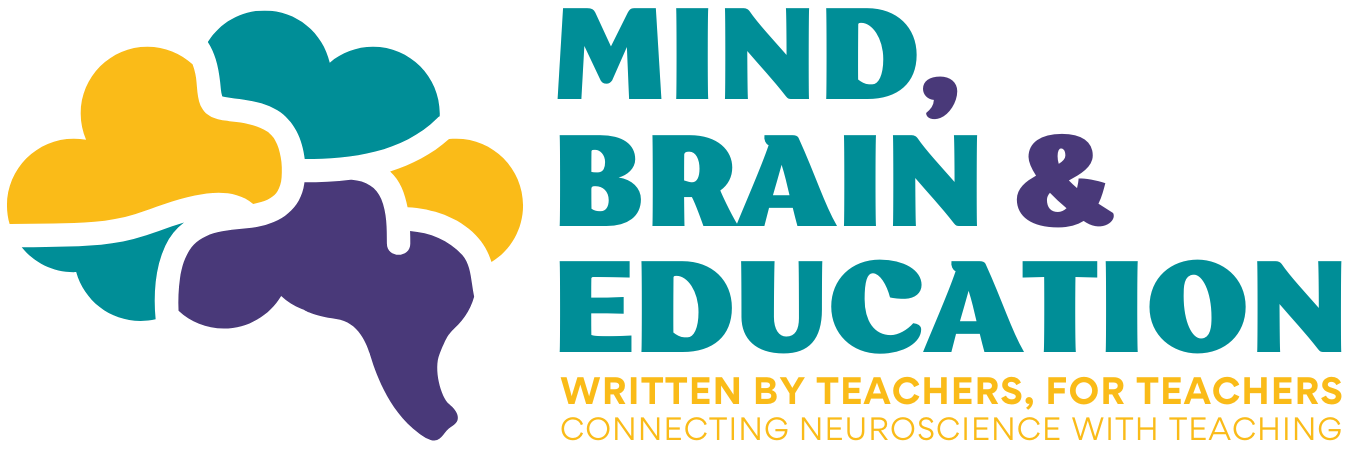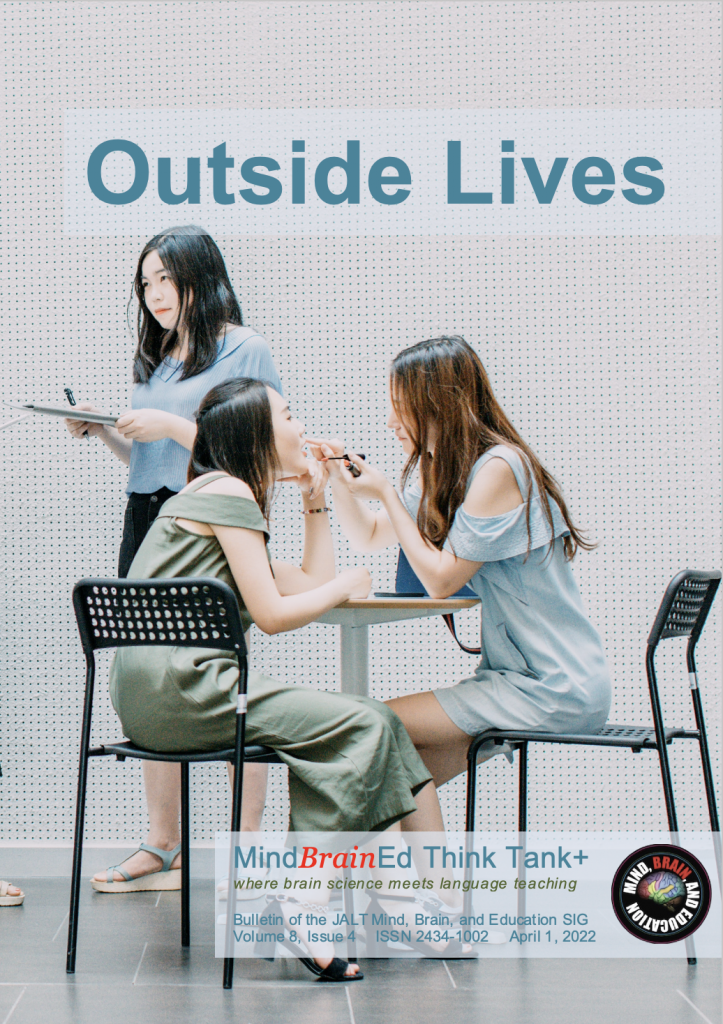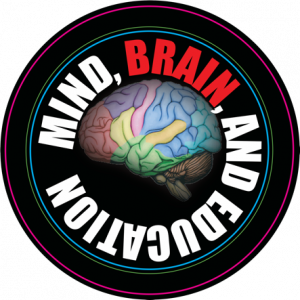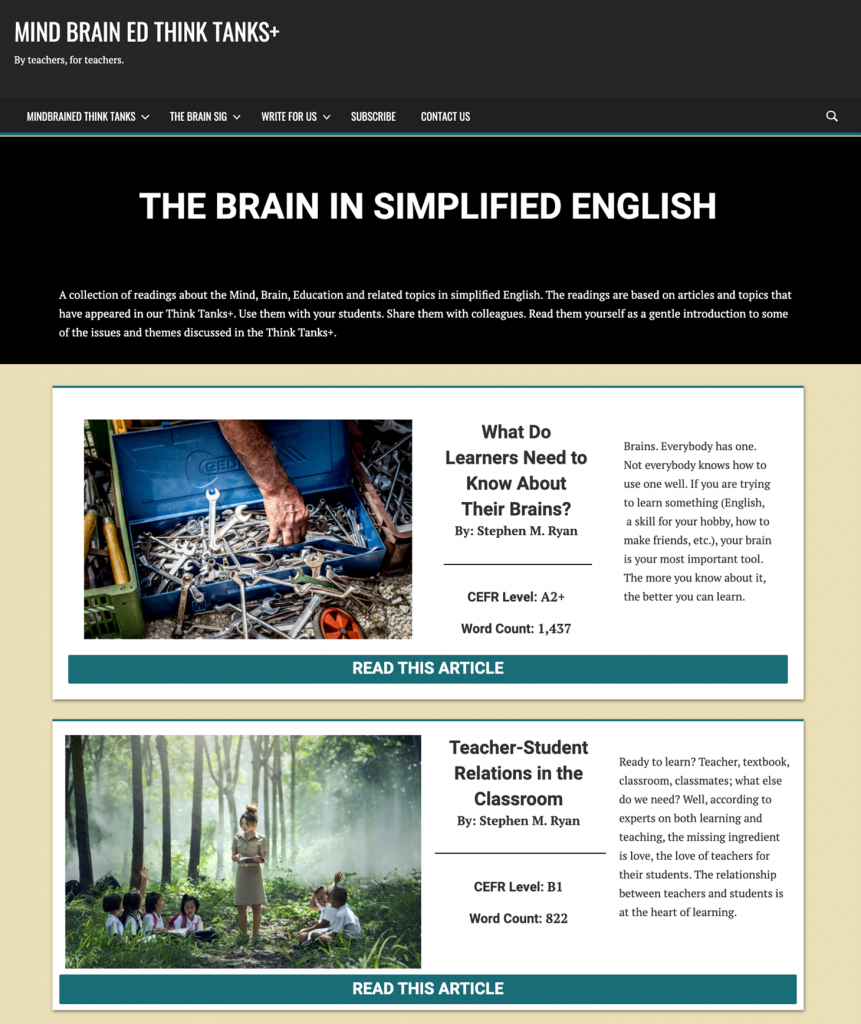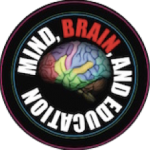Watch before you read...
There is not much written on how students’ lives outside the classroom affect their language learning experiences, but we intend to change that. Our Main video looks at the emotional dangers our learners face in their youth and the protective factors teachers can provide. Since so much of the issue discusses students learning from their outside experiences, the Lite video provides a brief overview of Kolb’s Experiential Learning Theory.
Mohammad Khari and Stephen M. Ryan will then set the stage for the issue by telling us why teachers should know about their learners’ lives. Harumi Kimura, Amanda Gillis-Furutaka, and Dawn Kobayashi look at particular aspects of those lives: family issues, adolescent impressibility, and part-time jobs. They also suggest ways we can incorporate these growing-up hotspots into our teaching. Julia Daley gives us a writing tool to find out about student lives, while Joe Keohane closes the issue by telling us why we should encourage our learners to talk to strangers.
And guess what? We are saving a lovely set of tips on romantic love from psychologist Carla Manly for the next issue. Her article will help our students navigate this treacherous outside terrain, and, because it is of such value to them, enhance their language learning.
